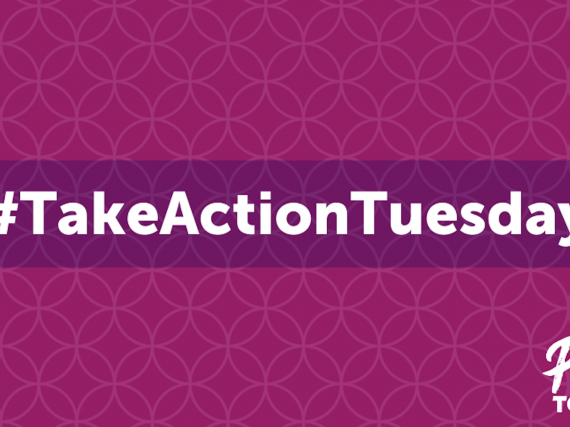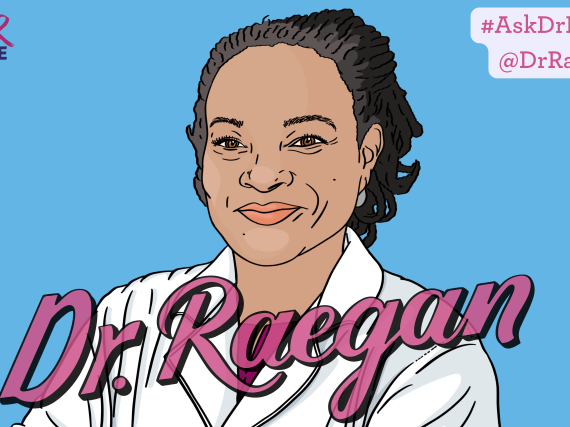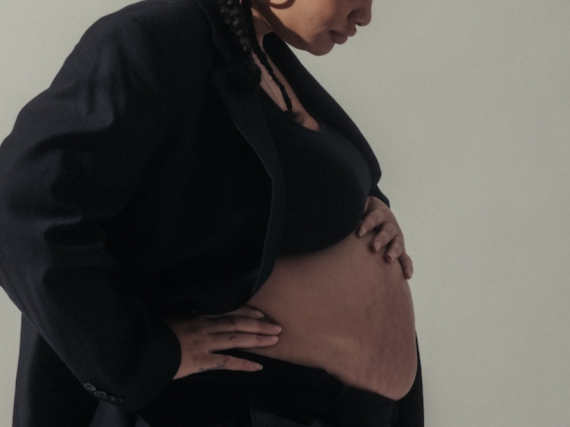5 American Indian and Alaskan Natives Working to Improve Native Health
November is American Indian and Alaska Native Heritage Month. This annual celebration invites us to reflect on Indigenous cultures and traditions while acknowledging Native contributions to the arts, sciences, and beyond.
Native people face unique healthcare challenges that are often compounded by a lack of resources and access. For example, in 2017, the birth rate among American Indian/Alaska Native teens (32.9%) was higher than any other race/ethnicity in America. In the same time period, this population saw the smallest decline in the teen birth rate (6%). Native communities have many health disparities that require attention at both the individual and the societal level.
Here are three advocates and two organizations working to improve Native health.
National Indian Health Board
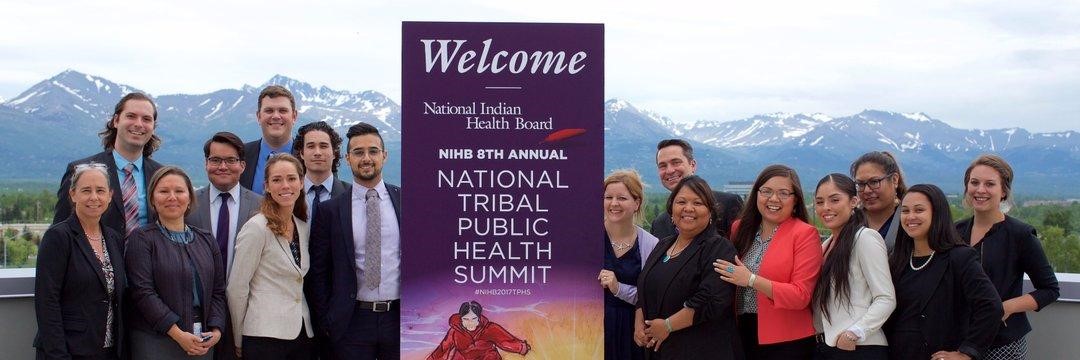
The National Indian Health Board advocates on behalf of all Tribal Governments and American Indians and Alaska Natives in their efforts to provide quality health care. Since 1972, the Board has sought to elevate awareness around Native health issues by working with federal and state agencies, Tribal organizations, and private foundations. Among many other projects they have worked to better understand how tribal organizations and state programs can serve the needs of Native mothers and children.
Representative Sharice Davids
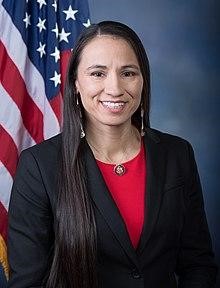
Elected to the US House of Representatives in 2018, Sharice Davids represents the 3rd district of Kansas and is a member of the Ho-Chunk Nation of Wisconsin. While campaigning, Davids said, “As the daughter of a single mother Army veteran, I understand what reproductive freedom means when it comes to determining the course of your life, and why it is so important for everyone.” She went on to promise, “I will fight to ensure Kansas women and families have access to a full range of health care services they need, including reproductive health care.”
Representative Deb Haaland
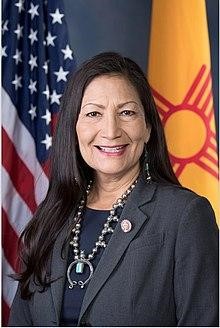
Also elected to the US House of Representatives in 2018, Rep. Deb Haaland represents the 1st district of New Mexico and is an enrolled member of the Pueblo of Laguna. She is a staunch supporter of women’s right to make reproductive decisions. Haaland says, “I support a woman's right to choose when and how to have a child, full access to contraception and believe that everyone should have access to affordable healthcare--which means we need to expand access to abortion care. Far too many rural women, poor women, and women of color simply do not have access to the healthcare they need to stay healthy.”
Katherine Gottlieb
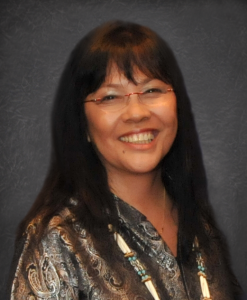
Katherine Gottlieb is Sugpiaq and Filipino, a Tribal member of Old Harbor Village, Seldovia Village Tribe and an honorary tribal member of the Eklutna Tribe of Alaska. For 28 years, Gottlieb has served as the President/CEO of Southcentral Foundation, an Alaska Native-owned, non-profit health care organization. The Foundation serves around 65,000 Native people across the state of Alaska, providing primary and specialty care that addresses physical, mental, emotional, and spiritual wellness.
Center for American Indian Health
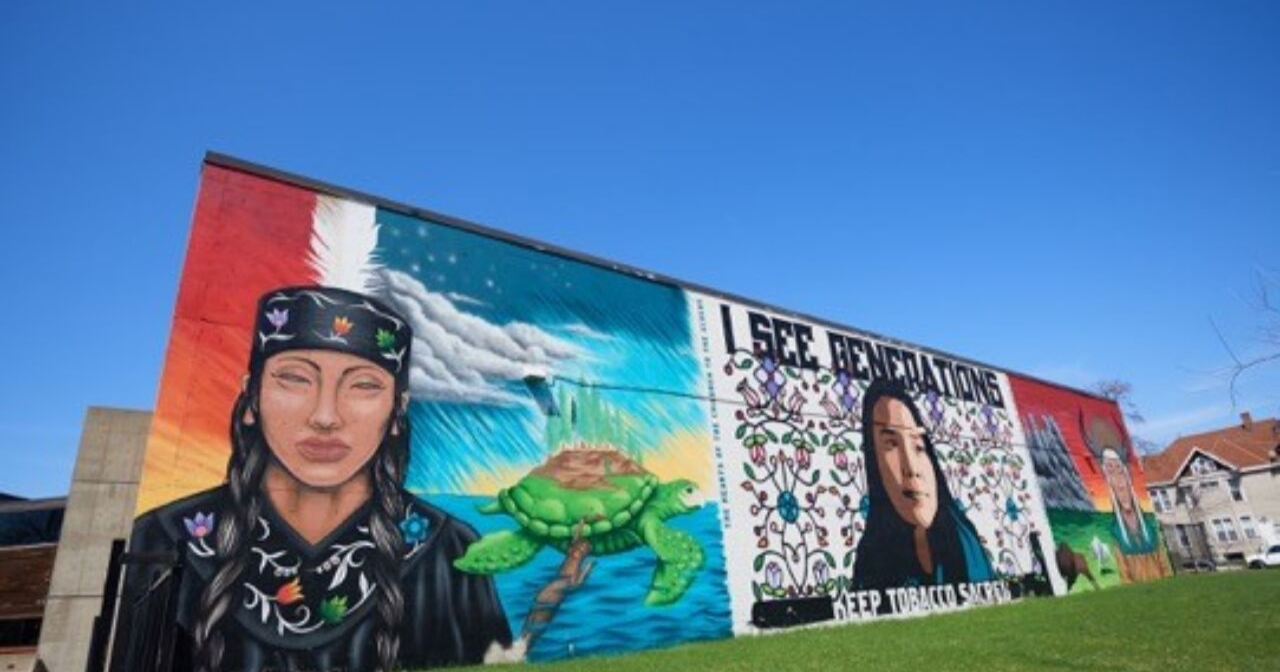
An independent center within the Johns Hopkins Bloomberg School of Public Health, we’ve featured this organization’s important work before, but it’s worth showcasing again. The Center works in partnership with more than 120 tribal communities in 17 states to “raise the health status, self-sufficiency, and health leadership of Native people to the highest possible level.” Their project Respecting the Circle of Life is a comprehensive sexual and reproductive health program culturally adapted for Native peoples. It is the only teen pregnancy prevention program proven to work in Native American communities.

